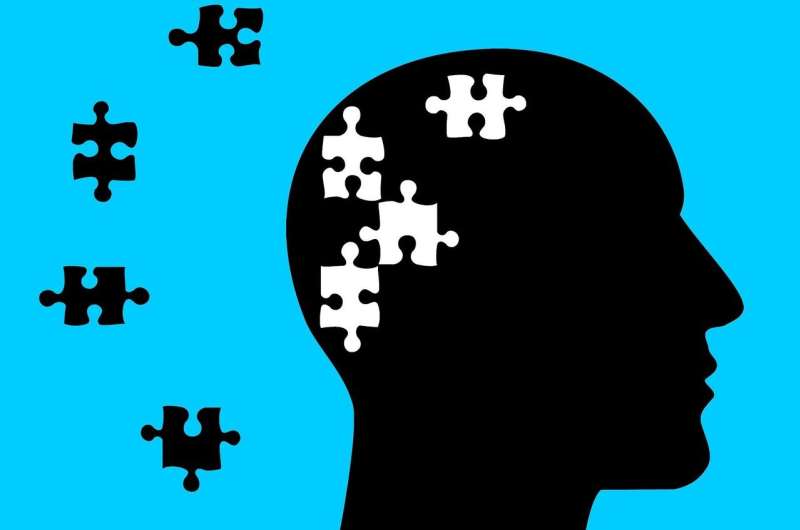This article has been reviewed according to Science X's editorial process and policies. Editors have highlighted the following attributes while ensuring the content's credibility:
fact-checked
peer-reviewed publication
trusted source
proofread
At least one in three family members of those with serious mental illness feel stigmatized

Families of those with serious mental health issues feel stigmatized and alone, say York University researchers in a new study.
"We are avoided. When we told our family, they shut us out, I am so hurt, and so angry"—62-year-old mom with an adult son with serious mental illness, as described to York researchers.
It's well known that those who have serious mental illnesses such as schizophrenia face a great deal of stigma in society, but what has been less understood is the concept of "stigma by association"—the discrimination people close to them experience.
A team of York researchers looked at just that in a recent study, published in the International Journal of Environmental Research and Public Health, and found that one in three family members living with relatives who have serious mental illnesses experience stigma. Ahead of Canadian Mental Health Association (CMHA) Mental Health Week, starting May 1, Joel Goldberg, lead author on the study describes this figure as "startling" and points to the need to do more outreach.
"We wanted to reach out to a group of people who we think have been especially marginalized and one of the things that we noticed right away, is that this is a group of people who have really not been well studied. And that really speaks to how isolated they are," says Goldberg, a York Faculty of Health Professor with the Department of Psychology. "We found that family members were not receiving the social support they needed, even from other family members."
The researchers, including York graduate researchers Suzanne McKeag, Alison Rose and Heather Lumsden-Ruegg and York Psychology Professor and Canada Research Chair Gordon Flett, reached out to groups like the Schizophrenia Society of Ontario, Reconnect Community Health Services, the CMHA and The Schizophrenia Society of York and were able to connect with 120 family members who were living with relatives with severe mental health challenges.
In surveys, family members described chronic feelings of blame, failure and loneliness. Overall, the researchers found many felt stigmatized, unsupported, and that their lives don't matter. This last main finding builds on other work by Flett, who studies mattering, which is essentially the idea that all of us need to feel like we matter, and feeling like we don't, a concept Flett describes as anti-mattering, can lead to a host of problems.
About one percent of the population is affected by schizophrenia, commonly characterized by auditory hallucinations ("hearing voices"), delusions, and disordered thinking that can affect daily functioning.
"Unfortunately, it's a condition which has been really misrepresented in media portrayals. The few times when the public hears stories about people with schizophrenia, they hear about someone who hasn't been taking their medicine, or acts of violence," says Goldberg. "These ideas become the basis of the stigma, and families are then associated with it."
Goldberg says that it is very probable that the numbers of family members facing stigma are actually much higher as the cohort they studied were people already connected to support groups. From a public-health perspective, the study points to the need to reach out to not only those who have the illness, but also their families, who he describes as "very marginalized."
"If you're made to feel insignificant, if you are feeling like those around you treat you as if you're invisible, this can have really harmful effects on your sense of well-being," he says. "We're hoping with this Mental Health Week that this will give great attention to family members, and let them know that we do not see their lives as being insignificant, that we don't see them as being invisible, that their lives matter."
More information: Joel O. Goldberg et al, Too Close for Comfort: Stigma by Association in Family Members Who Live with Relatives with Mental Illness, International Journal of Environmental Research and Public Health (2023). DOI: 10.3390/ijerph20065209




















